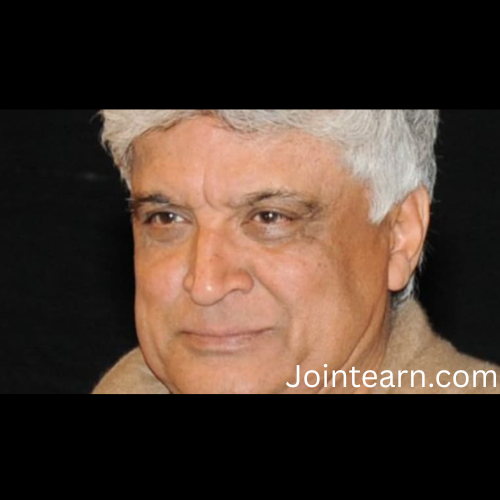
Writer and lyricist Javed Akhtar on Sunday offered a sharp rebuttal to a social media post that attempted to draw a parallel between Mughal rule in India and the establishment of the Jewish state of Israel, highlighting what he described as a flawed and simplistic comparison. The exchange unfolded on X, where a user had sarcastically posted, “Jews are occupiers in Jerusalem but Mughals are natives in Mathura – Jihadi Logic,” implying that if Jews are considered occupiers, then the Mughals, by the same logic, could also be labeled as such.
Akhtar’s reply was both pointed and educational. He told the user, “You must have been a very bad student of not only history but mathematics too,” critiquing the post for conflating two very different historical contexts. He elaborated, “If you can’t find the difference between almost three (and) a half centuries of medieval times and 75 years of 20th century, you should go back to school.” In essence, Akhtar argued that the temporal, political, and social circumstances of Mughal India and modern Israel are vastly different and cannot be equated simplistically.
The Mughals ruled over significant portions of the Indian subcontinent for nearly 350 years, from the early 16th century until the gradual expansion of the British East India Company in the mid-18th century. Their reign involved the establishment of administrative systems, cultural patronage, and complex social dynamics that were rooted in the Indian context. By contrast, the state of Israel was formally established only in 1948, following a period of geopolitical upheaval in the Middle East, with its creation resulting in the displacement of large numbers of Palestinians. Since its establishment, Israel has engaged in several wars that have altered its boundaries, with the ongoing conflict over territories such as the West Bank and Gaza remaining a sensitive and complex issue.
Beyond the historical clarification, Akhtar also addressed what he perceived as the communal undertone in the original post. He emphasized the need for a basic understanding of secularism, writing that one must “keep equal distance from all kinds of religious or communal biases.” He added, somewhat pointedly, “But then it needs some guts,” underscoring that defending a secular perspective in today’s polarized climate often requires courage.
Akhtar’s intervention is consistent with his long-standing approach of challenging communalism and religious dogma across different contexts. He frequently uses his social media platforms and public appearances to advocate for reasoned debate, historical literacy, and secular values. Over the years, his posts and speeches have drawn criticism from sections of both Hindu and Muslim communities, yet he maintains that his commitment to secularism and rational discourse remains steadfast.
The exchange reflects broader tensions in online discourse, where historical events are often oversimplified or misrepresented to serve political or ideological arguments. By engaging directly with the user, Akhtar highlighted the importance of context, chronology, and nuance when discussing historical and contemporary issues, emphasizing that comparisons across time and geography require careful consideration rather than simplistic analogies.
In addition, Akhtar’s use of mathematics as a metaphor for historical precision—pointing out the vast difference between centuries of Mughal rule and the comparatively brief modern history of Israel—was both a rhetorical device and a reminder of the need for logical consistency when making historical claims. This approach, blending historical insight with pointed critique, has been a hallmark of his commentary in cultural and political debates.
Ultimately, the exchange underscores Akhtar’s broader message: historical events and political realities must be understood on their own terms, with careful attention to context and scale. Simplistic analogies, particularly those with communal undertones, risk misrepresenting history and inflaming social tensions. By calling out such comparisons, Akhtar reinforced the importance of informed, rational, and secular discourse in public debates, both online and offline.
In an era where social media amplifies both information and misinformation, voices like Akhtar’s play a critical role in promoting thoughtful engagement. His response to the “jihadi logic” post serves as a reminder that history is not merely a set of abstract events to be compared at will but a complex tapestry of political, social, and cultural developments that must be analyzed carefully. It also demonstrates the enduring relevance of public intellectuals in guiding conversations on historical interpretation, civic responsibility, and communal harmony.
Through this engagement, Akhtar not only addressed the specific post but also highlighted the broader societal challenge of ensuring that historical discourse remains accurate, contextual, and free from ideological distortion. His reply, combining humor, historical insight, and ethical reflection, exemplifies how thoughtful critique can counter misinformation and foster a more informed and conscientious public dialogue.


Leave a Reply